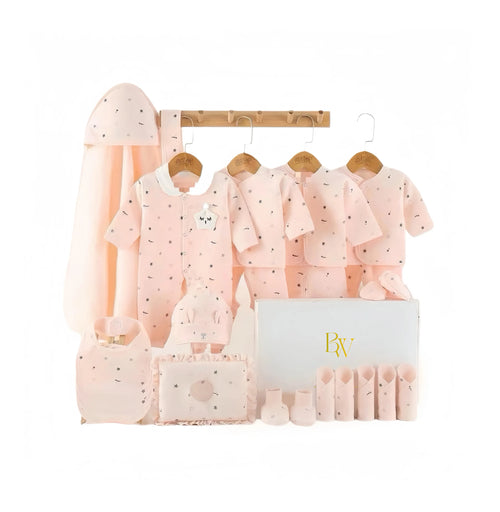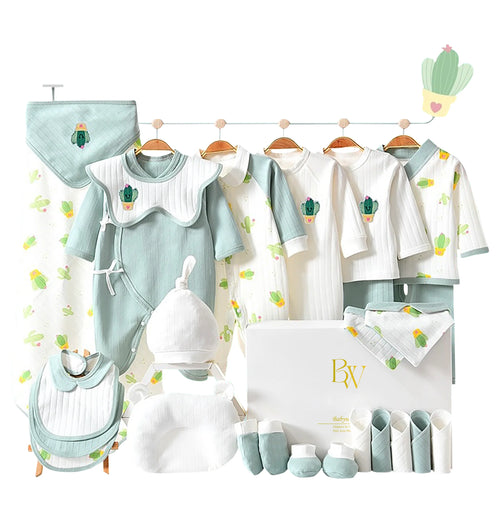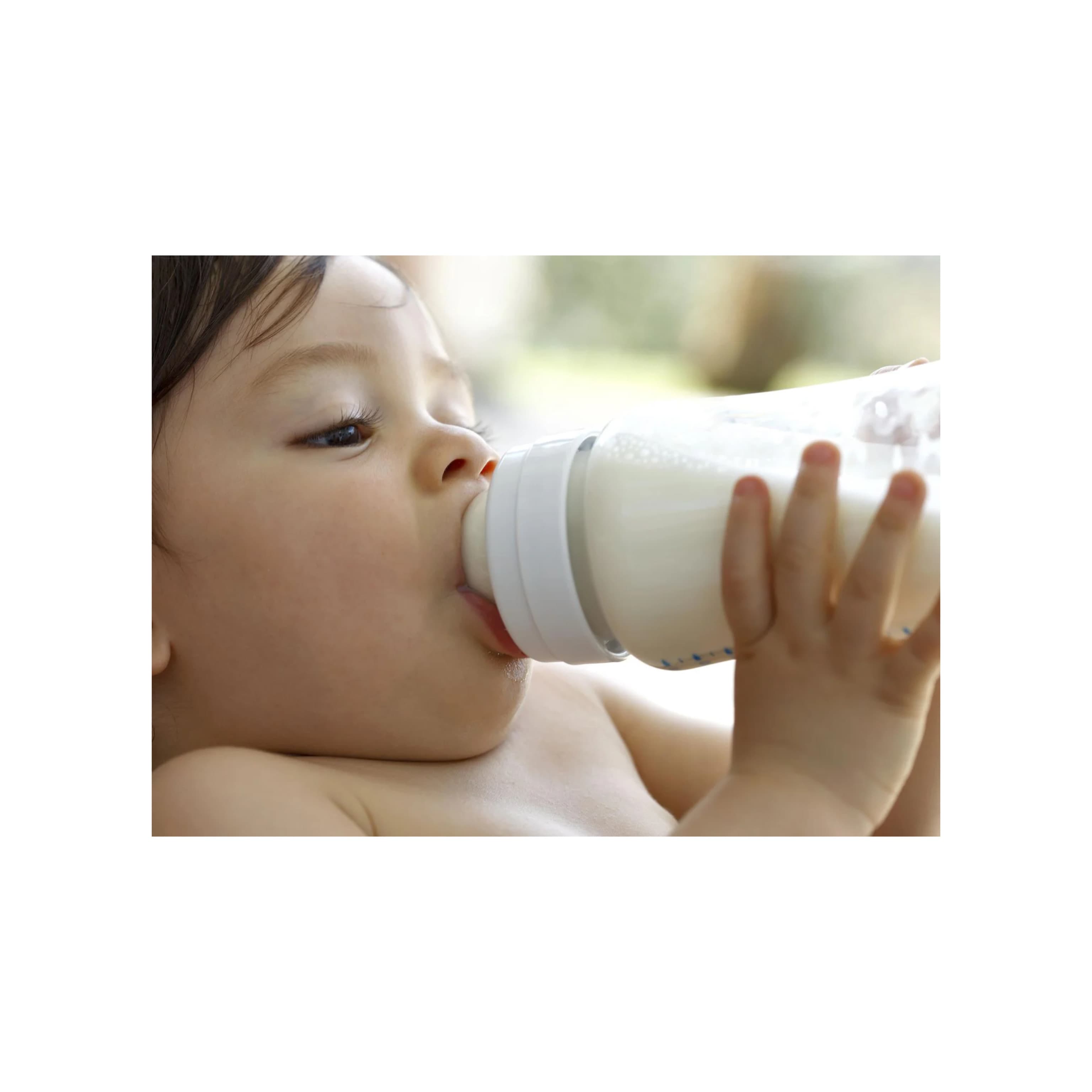The Milk Mystery: How Much Does Your Baby Really Need?
Ah, motherhood! It's a journey filled with joys, challenges, and a whole lot of questions, especially when it comes to nursing. If you've ever scratched your head wondering, "How much expressed milk will my baby need?" you're definitely not alone. It's a common query bouncing around in the minds of many new moms.
From Birth to Growth Spurts: A Baby's Milk Journey
During the first few months of life, your baby's milk intake is like a mini rollercoaster. It zooms up quickly in the initial weeks, then steadies from month one to six. What's fascinating is that, according to current research, this intake doesn't really fluctuate with your baby's age or weight in these first six months. Post the six-month mark, when you start introducing solid foods, the amount of milk they need begins to change gears.
The Numbers Game: Average Milk Intake Unveiled
So, what's the magic number? On average, exclusively breastfed babies gulp down about 25 ounces (750 mL) of milk daily between 1 and 6 months. But hey, every baby is unique! Typically, the range swings between 19-30 ounces (570-900 mL) per day.
Estimating Your Baby's Needs: A Quick How-To
Here's a quick trick to estimate your baby's needs:
Count how many times your baby nurses in a day.
Divide 25 ounces by the number of nursing sessions.
For instance, if your baby usually nurses 8 times a day, they might need around 3 ounces per feeding (25 divided by 8 equals about 3.1).
Solid Foods: A Game Changer
As your baby starts exploring the exciting world of solid foods, their milk intake naturally adjusts. This doesn't mean milk becomes less important - it's still a crucial part of their diet. Just that, it takes a bit of a backseat as solids take the stage.
Too Much or Too Little? Keeping an Eye Out
Wondering if your baby is drinking too much or too little expressed milk? Keep an eye out for signs. Contentment and regular growth are good indicators that they're getting just the right amount. Remember, every baby's appetite varies, and so will their milk intake.
Wrapping It Up: Your Baby, Your Journey
Every baby's journey is unique, and so is yours as a mom. Trust your instincts, consult your pediatrician, and remember, you're doing a fantastic job! Your little one is lucky to have you.
FAQs
Q: Can I overfeed my baby with expressed milk?A: It's rare, but yes, it's possible to overfeed. Watch for cues from your baby - if they turn away from the bottle, they're probably full.
Q: How should I store expressed milk?
A: Store expressed milk in clean bottles or milk storage bags. It can stay fresh in the fridge for up to four days and in the freezer for about six months.
Q: Does the nutritional content of breastmilk change over time?
A: Absolutely! Breastmilk is a dynamic food source. Its composition changes to meet your baby's evolving nutritional needs.







